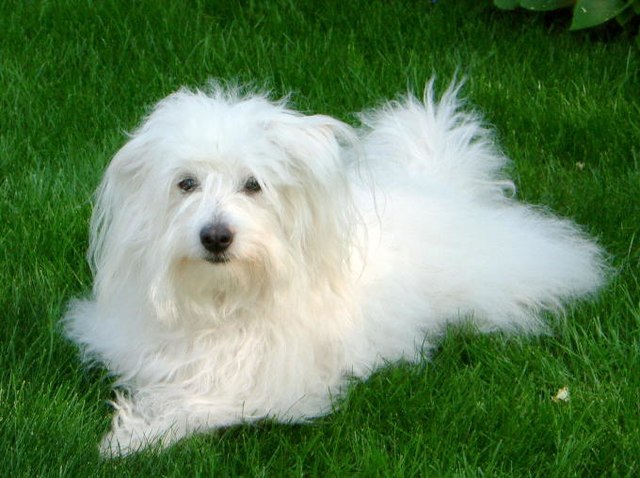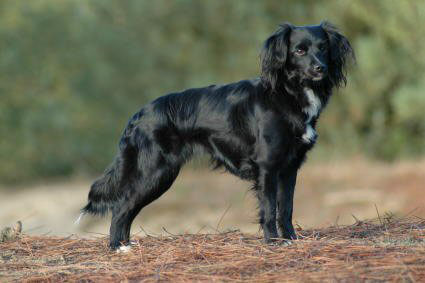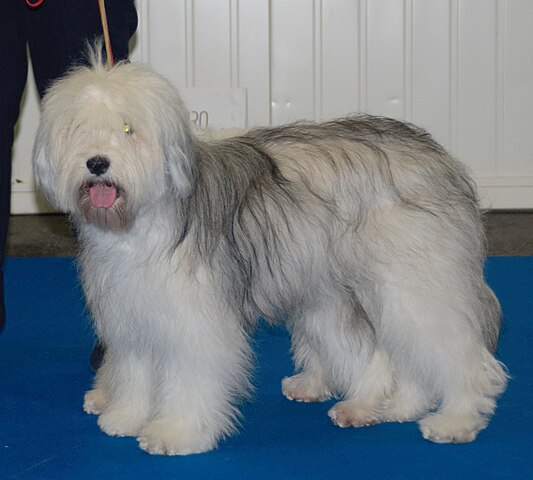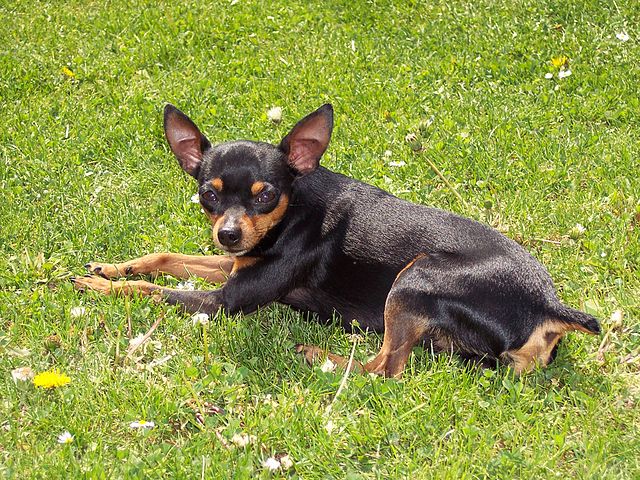The Coton de Tulear is a cotton-coated toy breed from the Bichon family. These intelligent, tiny dogs have laid-back personalities and make wonderful pets. Bred strictly for companionship they are affectionate, loving and gentle animals that adore being around their families. Mature dogs are not prone to being hyper and instead exude a natural calmness. This isn’t a placid breed – they are alert, boisterous and playful – however they have an “off switch”. They tend to get along with other pets (including cats) as well as children of all ages. With strangers, they might be reserved at first although outright aggressiveness is rare. As with all dogs, it is important to socialize from a young age in order to avoid fearfulness.
Cotons have many qualities which make them such great companions. For example, unlike many toy breeds, they are generally easy to housebreak. They are great travelers in the car and often well-accepted in locations that allow dogs due to their odorless coats. Finally, the breed is very healthy as a whole with very few genetic health problems and tend to live long lives (16 years on average, with the record being 19!).
The Coton’s coat, though long, has a cottony texture and is easier to care for than the coats other long coated breeds. The unique texture means that they don’t form mats as quickly (although they will definitely mat without care). A good brushing 2-4 times a week, as well as regular baths, will keep the coat in good condition. After bathing the coat tends to dry quickly. Because they shed very little they are often considered hypoallergenic (although an allergic person should double-check before buying). Interestingly enough, although adult Cotons are solid white, many are born with colored patches which later fade as they get older because of a color dilution gene.
The Coton de Tulear is usually quiet, although may sound the alarm when someone is at the door as he can be territorial. He may also be more inclined to bark around suppertime as he has an excellent sense of time! While Cotons bark only infrequently, many are enthusiastic “talkers” and will mumble and grunt throughout the day. The more they are having fun, and the more that you talk to them, the more likely they are to talk back!
Cotons love making their people laugh and many will demonstrate a number of tricks in order to do so – whether taught or invented themselves! Their natural desire to please combined with their intelligence makes them easy to train. Many will illustrate their characteristic head tilt multiple times while they are taught a new command. Don’t let their cute appearance fool you – these aren’t “dumb little lapdogs”, they are hardy little athletes who love learning and working! Along with obedience training, many Cotons love competing in agility.
Cotons de Tulear are adaptable to a myriad of living conditions including city, rural and in-between. They are also adaptable to all sorts of weather and can be kept just as easily in parts of the country that have very cold temperatures as well as very hot. Their coat protects them from temperature extremes, so don’t be surprised to see a Coton romping through the snow in relative comfort! This said, they are not outside-only dogs and absolutely must live indoors with the family. They are happiest when their owners accompany them on outdoor adventures, and then bring them home to snuggle on a lap.
Cotons have a velcro-like attachment to their owners and tend to follow them around wherever they go, even the bathroom! Owners of this breed note that they are so devoted and bonded, they seem to develop an almost psychic-like awareness of their owner. This is most likely because Cotons are so attuned and sensitive to their environments. This also makes them great therapy dogs – visiting hospitals and retirement communities.
The Coton de Tulear does need regular exercise although his tiny size means that a little bit can go a long way. A lively game of fetch might be enough to wear him out for the afternoon. This said, structured walks are the gold standard when it comes to giving the dog physical, mental and emotional exercise. Without any exercise, there is a risk that the Coton could become bored and eventually destructive.




